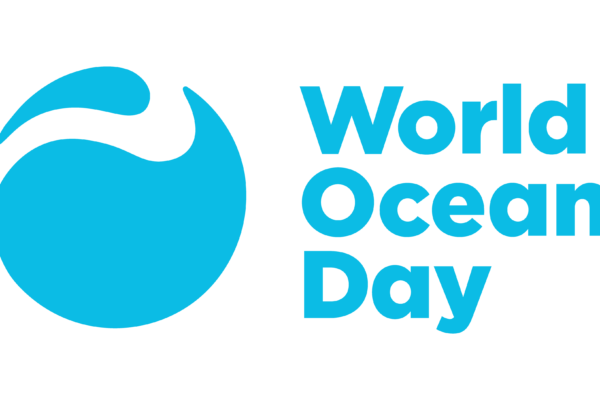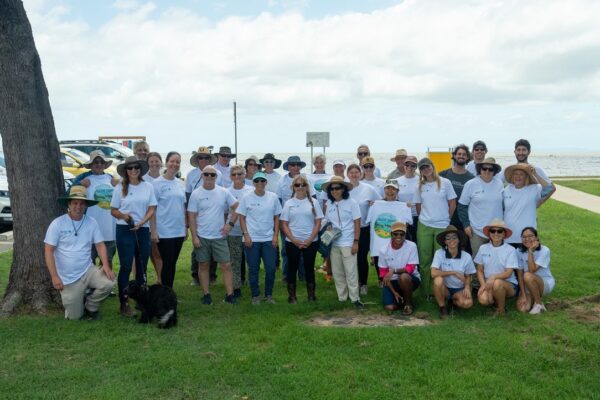In this week's round up: audience insights from new polls, behavior change thoughts, weather's impact on climate belief, and why your taste for seafood makes whales cry.
Welcome to the first round up of the year! I've tried to keep things short since there's a lot of good stuff to cover.
If you’re a science communicator or educator at an informal science center (such as a zoo, aquarium, or museum) trying to encourage conservation action – this is the round up for you! Every week we break down the most interesting recent news and best resources to help you frame the issues as effectively as possible. Some of these resources will be practical communications and framing tips, and others are great starting points for brainstorming future strategies.
Jump to...
Audience insights
Americans: Sure, climate change is happening. So what?
A few new polls (USA Today, Yale Project on Climate Change Communication) have come out recently with similar results. Around 2/3 of Americans believe that the Earth is warming, but only around 1/3 think it will affect them. However - 65% think it will harm future generations of people and wildlife.
Latino Voters Oppose Coal Exports
A new poll supports what we already know - Latina/o voters are greener than other Americans. This poll found 64% of Latinos say coal exports to China should be decreased.
Behavior change
From Behavior Change to Transforming Everyday Practices: The Latest in Behavioral Science
This is an interesting article that takes a mile-high view of how we can best encourage sustainable behavior change.
Baby it's cold outside... so how about that global warming?
Belief in climate change often changes with the seasons, but why? A new study may have the answer - humans tend to use the information most readily accessible. That's why people are less likely to believe in climate change when it's cold out, and more likely to believe on a very hot day. Sadly, the solution to this issue isn't readily accessible. Here's another take, with notes on how UK residents view this issue.
Other thoughts
Insights from Brevard Zoo’s youth-led environmental summit
Check out this great guest post on the TOP blog from our partners at Brevard Zoo. They leveraged a small grant from our program and held an environmental summit for-teens, by-teens. Check out the post for some great tips both on how to plan a summit as an adult, and how to promote it as a teen.
Whales, Dolphins Are Collateral Damage In Our Taste For Seafood
It's a tough fact to face, but show some mammal solidarity! Our taste for seafood negatively impacts these charismatic megafauna and it's time to face facts. "Biologists have estimated that 650,000 are killed or injured each year. Of that, 300,000 are dolphins and related cetaceans, and 350,000 more are seals and sea lions." These facts could be a great jumping off point to share sea life-friendly seafood tips with the public.
A Dose Of Nature Helps City Dwellers Fight Their Need For Instant Gratification
In today's edition of "stuff I totally knew already but had no proof..." getting outside is good for your brain! More than that, you don't even have to get your body outside. There's evidence that even looking at a photo of nature can be good for the brain. This info could be handy for organizations such as zoos, aquariums, museums, nature centers, etc.
You may not know why you think what you think
Last but not least is a great article on motivated reasoning, framed from a political perspective. It discusses how political affiliation - or "tribe" - can seriously impact the way we form opinions about neutral information. Certainly worth a read.



